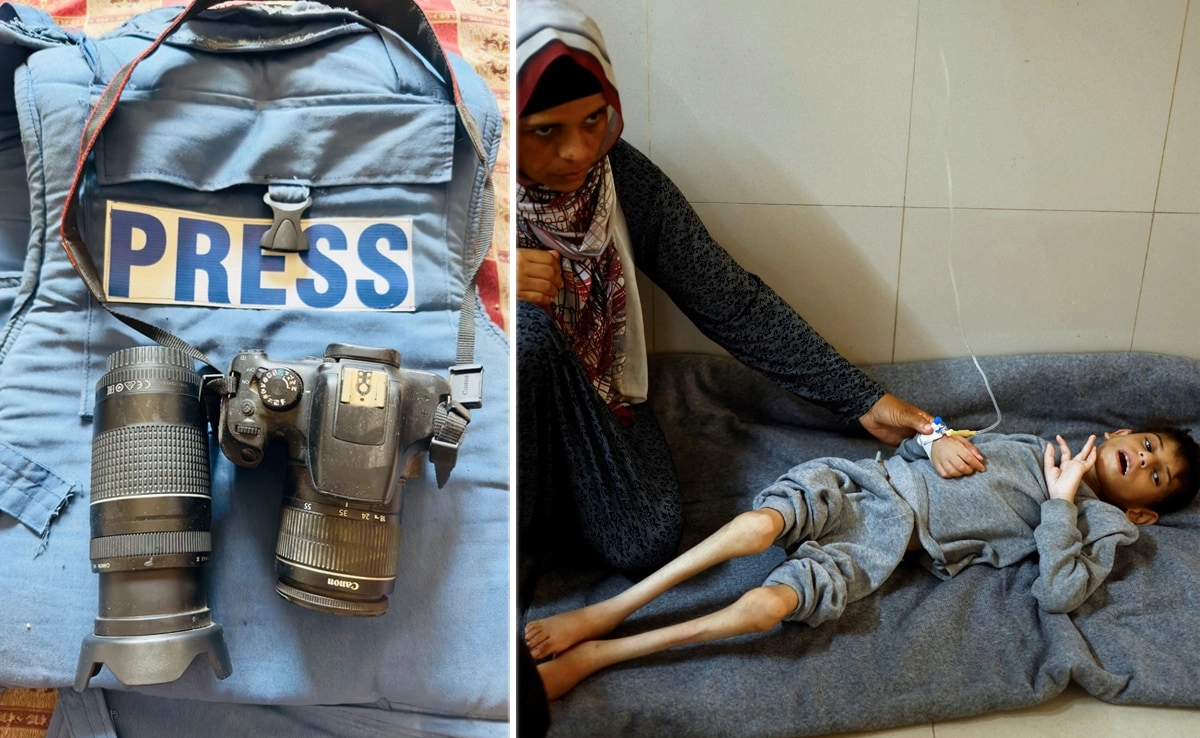In a shocking and complex tale from the UK, a woman has publicly defended her father-in-law despite the harrowing incident in which he attempted to drown her. This unusual situation has sparked widespread debate and confusion, as many struggle to understand the motivations behind her loyalty. The woman, who has described her father-in-law as her best friend, insists that the incident was a misunderstanding and that their relationship remains intact. This assertion raises questions about familial bonds, especially when confronted with acts of violence and betrayal.
The incident itself was alarming, drawing attention from law enforcement and the community. Reports indicate that the confrontation escalated unexpectedly, leading the father-in-law to act in a manner that is typically unfathomable within a family dynamic. However, the woman’s unwavering support for him has left many bewildered. She attributes the event to personal issues he has been grappling with, suggesting that stress or mental health struggles may have played a role in his actions. This perspective invites a broader discussion about the complexities of mental health and the way it can manifest in relationships, even those that are typically loving and supportive.
As the story continues to unfold, it highlights the complexities of human relationships and the often-blurred lines between love, loyalty, and the capacity for forgiveness. For many, the woman’s defense of her father-in-law may seem incomprehensible, yet it underscores the nuanced reality that individuals sometimes find themselves in—balancing affection for family members with the need to acknowledge their harmful actions. This situation serves as a poignant reminder of the often intricate nature of familial ties, which can sometimes lead to moral dilemmas that challenge societal norms and expectations.
In the aftermath of the incident, the community has rallied around both the woman and her father-in-law, offering support while also grappling with the implications of the event. Some have praised her loyalty, viewing it as a testament to the power of forgiveness and understanding, while others have questioned the potential dangers of excusing violent behavior in the name of familial loyalty. This case serves as a critical reflection on how we navigate relationships in the face of conflict and the potential for redemption, even in the most troubling circumstances. As conversations continue, it remains to be seen how this incident will impact their family dynamics and the broader societal perceptions of such relationships.




